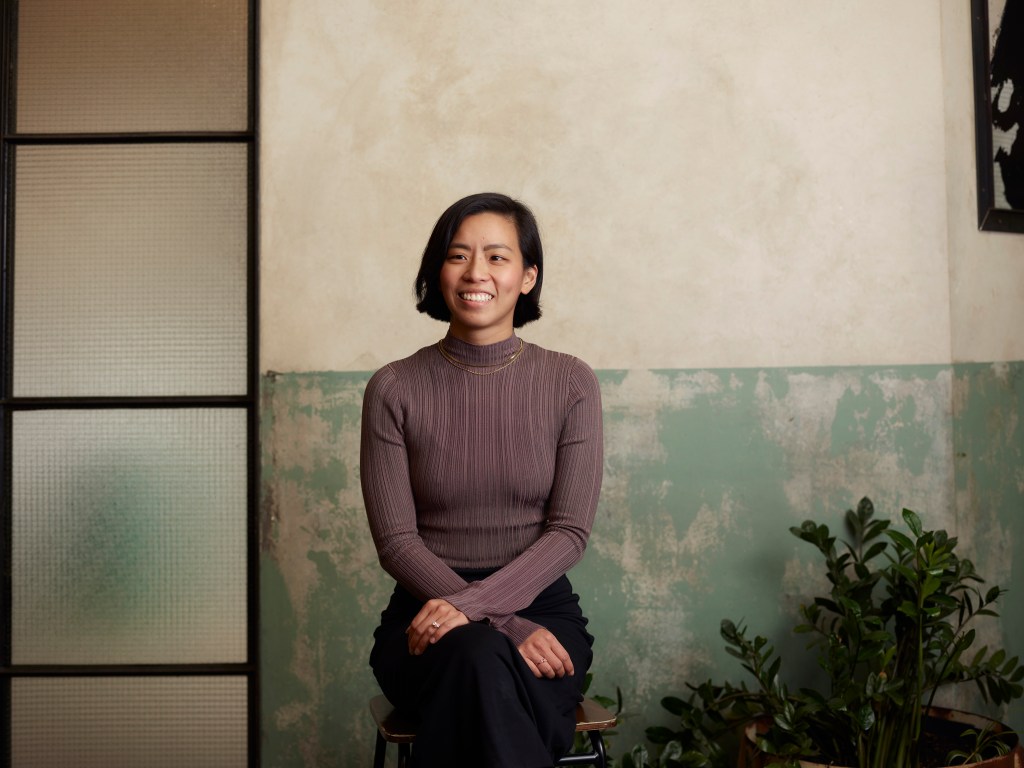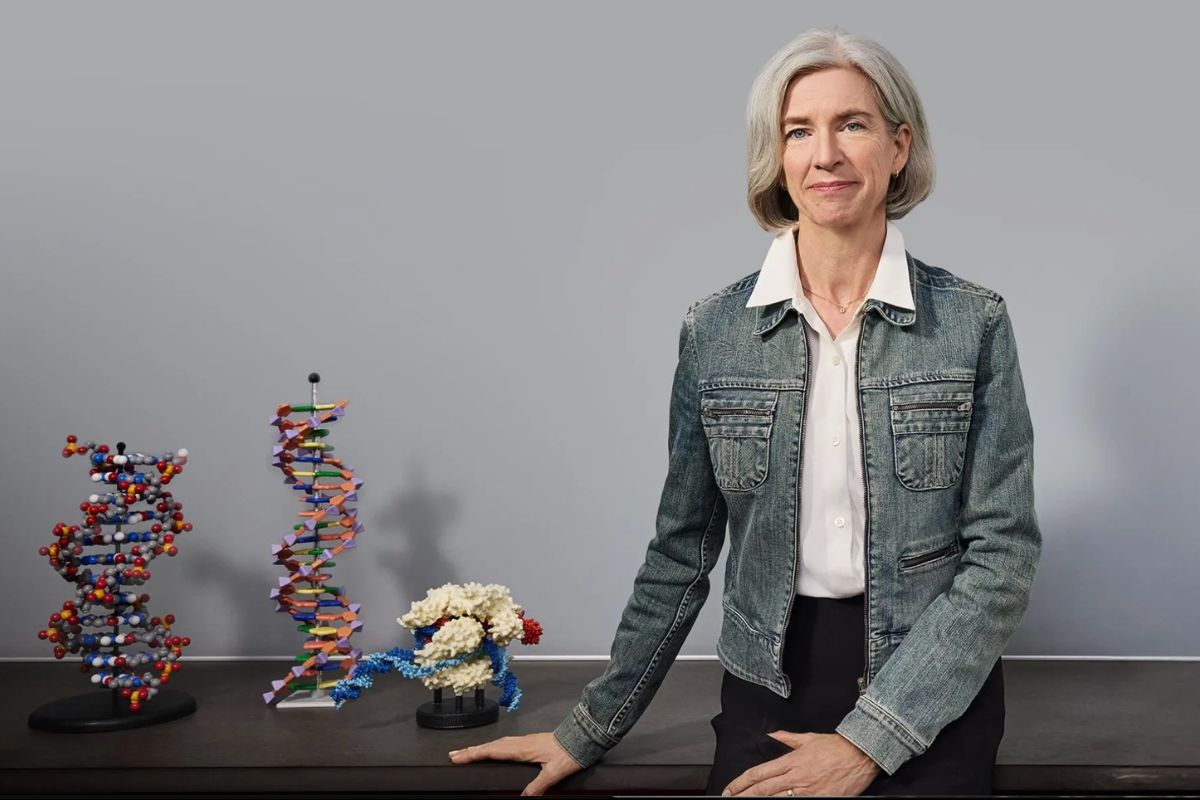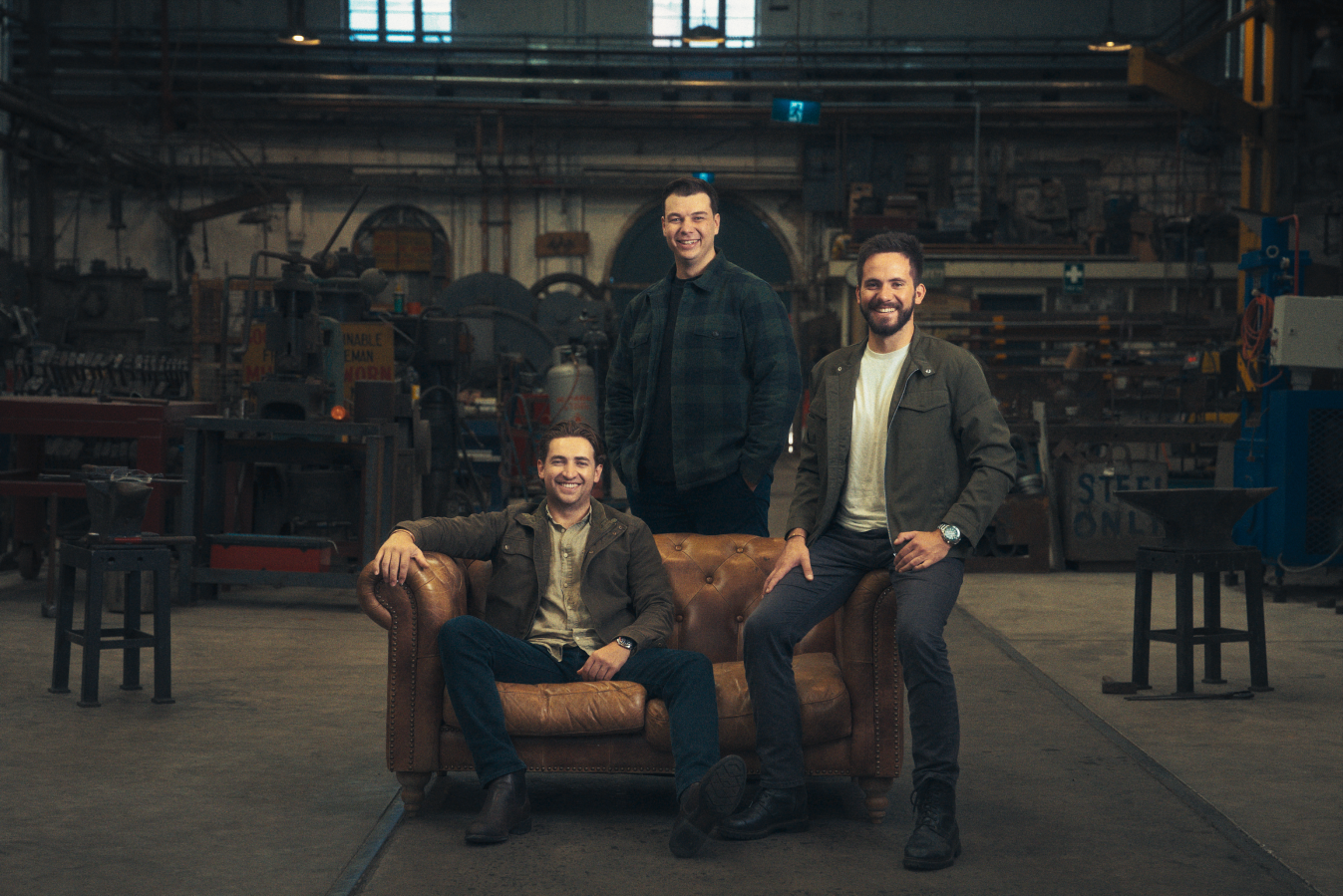Launching just four years ago, QR menu and pay company Mr Yum has gone from strength to strength. Last year, the company raised $100 million, and this year it acquired ticketing and payment platform MyGuestList. Mr Yum CEO Kim Teo admits there’s plenty of pressure, but she loves being in the food game.

Pressure is something Mr Yum chief executive and co-founder Kim Teo is all too familiar with. Not the pressure that comes from raising $100 million in a year (and needing to put it to good use). Nor the pressure that comes with having more than 200 employees to manage. But rather the pressure of having your whole identity completely and utterly wrapped up in your company. “That’s where the pressure comes from,” she tells Forbes Australia. “It’s an inside pressure, not an outside pressure.”
Teo, along with her three co-founders, Kerry Osborn (CXO), Andrei Miulescu (CTO) and Adrian Osman (COO), launched Mr Yum in 2018 after noticing the hospitality industry’s slow adoption of new technology. It wasn’t their first attempt at business. Teo, Osborn and Osman launched a business called Neighbour Flavour in 2015. That didn’t succeed, but the three didn’t lose their entrepreneurial drive. And of course, every mistake has its silver lining: the young entrepreneurs learnt what’s needed to make a viable business in an industry they could stand to be in for a very long time. One like Mr Yum.
The foundations for Mr Yum were laid in Melbourne, Australia’s foodie capital. “You look at a menu, and its text-based,” says Teo. “Pretty uninspiring, so guests go on their phones, go on Instagram for photos or look around the room. We call it food perving,” she jokes. And so, the idea for a visual menu was born. But the co-founders knew they didn’t want people to have to download an app.
“Once you start to push to a $250 million valuation, you narrow your options for who could buy you.”
– Kim Teo, Mr Yum co-founder and CEO
“We were so lucky,” she says. “We started in November 2018, and in July 2018, iPhone put the QR scanner in the camera. It was under the radar, but we watch technology and trends very closely, and we saw that happen and knew it would be big.”
And so, it turned out to be, especially because the COVID-19 pandemic was a major catalyst for hands-free ordering. After the company managed to survive the first six weeks of the pandemic (thanks to takeaway and delivery orders), its founders knew it could work.
The company has since raised four rounds of capital – each more significant than the last, with the latest round in November 2021 totalling US$65 million ($101 million). But it wasn’t a free-for-all. Teo and her co-founders had to make a call on the longevity of the business.
“When you take on that much capital at a significant valuation, it closes down your opportunities to sell,” she says. “Once you start to push to a $250 million valuation, you narrow your options for who could buy you. There was a conscious decision amongst the founders that we were strapping in for the long haul. Like, we’re going to have kids and a family through all of this.”
Seemingly, the co-founders do see longevity in the hospitality industry. “Hospitality is such a fun industry to work in – you’re selling to places of a social vibe and style, there’s always something happening,” she says. With capital behind it, the company quickly bought hospitality marketing platform MyGuestList. It was a natural acquisition, given the two had already partnered to allow Mr Yum’s user data to flow through to MyGuestList’s platform, allowing restaurants to re-target diners with emails or SMS.
“Our key customers who were using the integrated products were very successful in delivering a return on investment on the data. They could send a promotion out, send a voucher code, and see that code come back into the system.
“When we closed our Series A, the first thing we did was look into buying a CRM, because it’s such an obvious hand-and-glove combination of products. We were already integrated [with MyGuestList], we knew each other. It was just easy.”
Now, the company is less of a cute visual menu, and more of a major growth engine for restaurants, Teo says. It also has a point of difference: none of Mr Yum’s competitors (like me&u) have a CRM product.
Despite its success, in August this year, Mr Yum was forced to slash staff by 17% (about 44 employees) amid the market downturn. It was a tough call but Teo says staff morale bounced back, largely because of the transparent way in which the redundancies were handled.
“I think the packages we offered the people who were made redundant, and how active we were in trying to find them new roles – they felt like they were really, really well looked after,” she says.
“The markets are not certain at the moment. It’s very much trending in a sideways scenario, with no clear target for when that might change.”
Teo and her co-founders are staying put and striving to be a company with the most interesting food experiences all around the globe.


